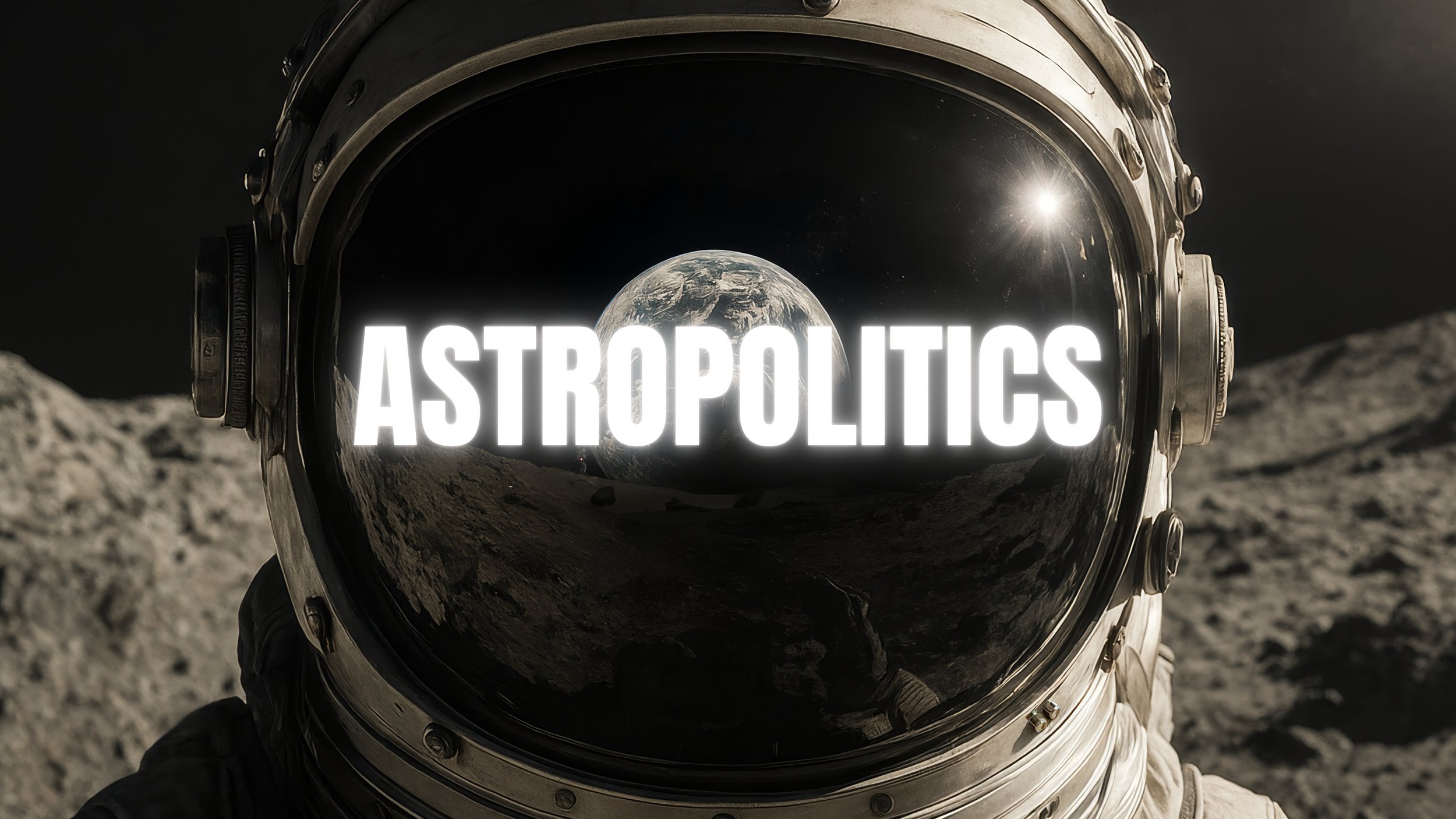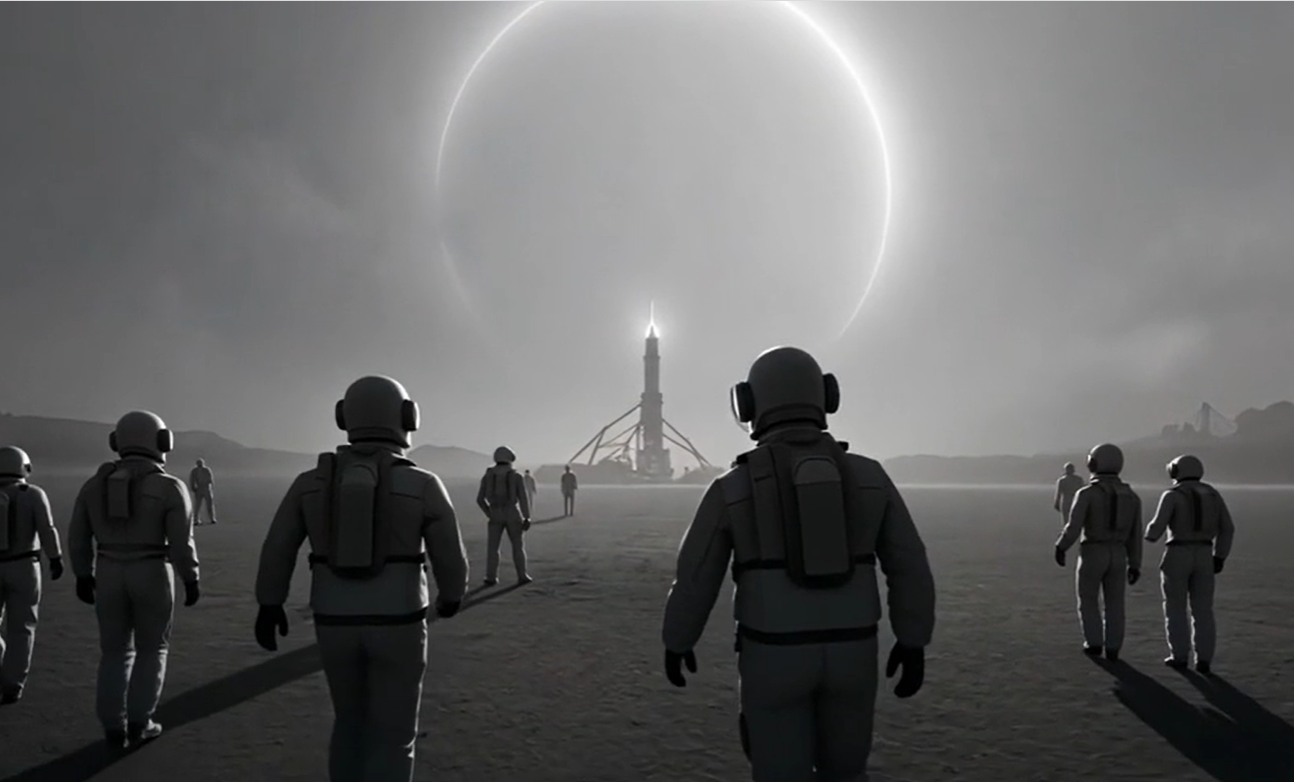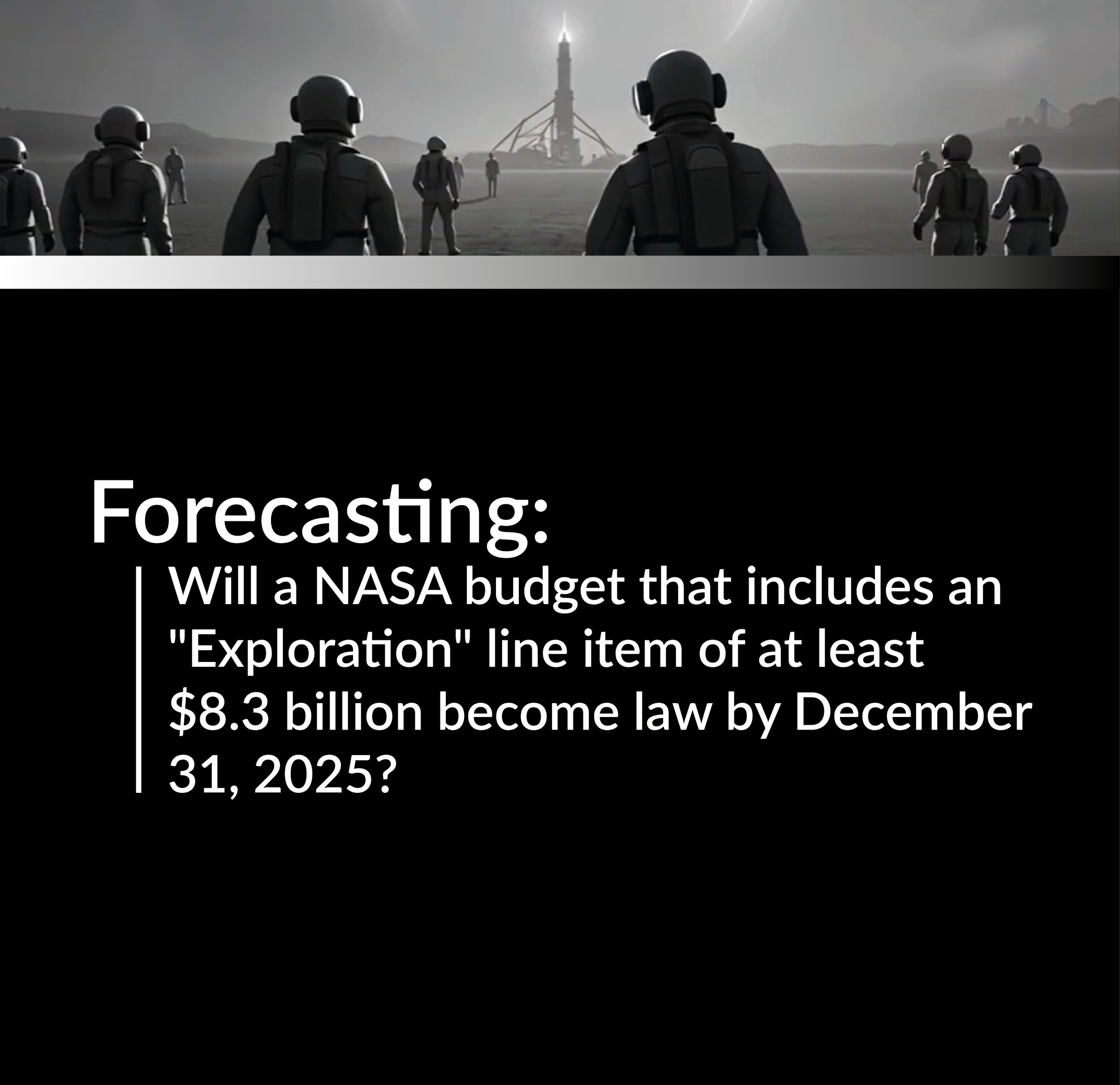〰️
New expert interview
〰️ New expert interview

ABOUT ASTROPOLITICS
In the 20th century, the United States and the Soviet Union, the two remaining superpowers on Earth at the time, waged a Cold War for more than 40 years in which economic, political and military tactics tested the boundaries of warfare without ever coming into direct conflict. Today, the world is increasingly divided into a new bipolar international system led by China and the United States in domains no longer restricted to land, sea, air and cyberspace. From low earth orbit to the lunar surface, Beijing, Washington and a host of others are racing to gain advantages in space that will bolster their influence on Earth. The central question is whether this race will end in governments, companies and individuals collectively leveraging opportunities for collaboration to benefit of all humankind, or pursuing a zero-sum game that inevitably leads to conflict.
Humanity’s track record thus far doesn’t inspire much hope. Our history is plagued by a continuous cycle of exploration of new land, exploitation of its resources, and ultimately conflict to control those assets. But this project is focused on breaking old habits, and redefining pathways for geopolitical cooperation, economic growth, scientific breakthroughs, and diplomatic achievements in space that have the potential to reshape how we can work together on Earth.
This microsite, powered by the Bertelsmann Foundation, will offer users a range of multimedia content from infographics to expert interviews, and solutions-oriented briefings to documentary films, to spark a new way of thinking about space, the world and our place in it.
RANGE Forecasting
Documentary Films
Coming Soon! Astropolitics
Astropolitics is a documentary about the choices humanity faces as we expand into space: will we repeat our history of exploitation and conflict, or chart a new path of cooperation and preservation? With global powers and private companies racing toward the Moon and Mars, the stakes couldn’t be higher. Produced by the Bertelsmann Foundation and Gauge Theory Creative, the film explores the risks and hopes of our spacefaring future—and asks whether we can break old patterns before it’s too late.
Infographics
Constellations of Connectivity: American and Chinese Satellite Internet Services
The United States and China are expanding their presence in Low Earth Orbit, which has emerged as a key area of competition between the two nations. SpaceX is a dominant force for the United States, whose reusable Falcon 9 rocket has launched over 8,000 Starlink satellites into orbit. Starlink provides global internet connectivity, a capability that China aims to replicate through its Qianfan constellation. It will be difficult for China to achieve its goal of launching 15,000 Qianfan satellites by 2030 unless it can move beyond its reliance on single-use rockets.









